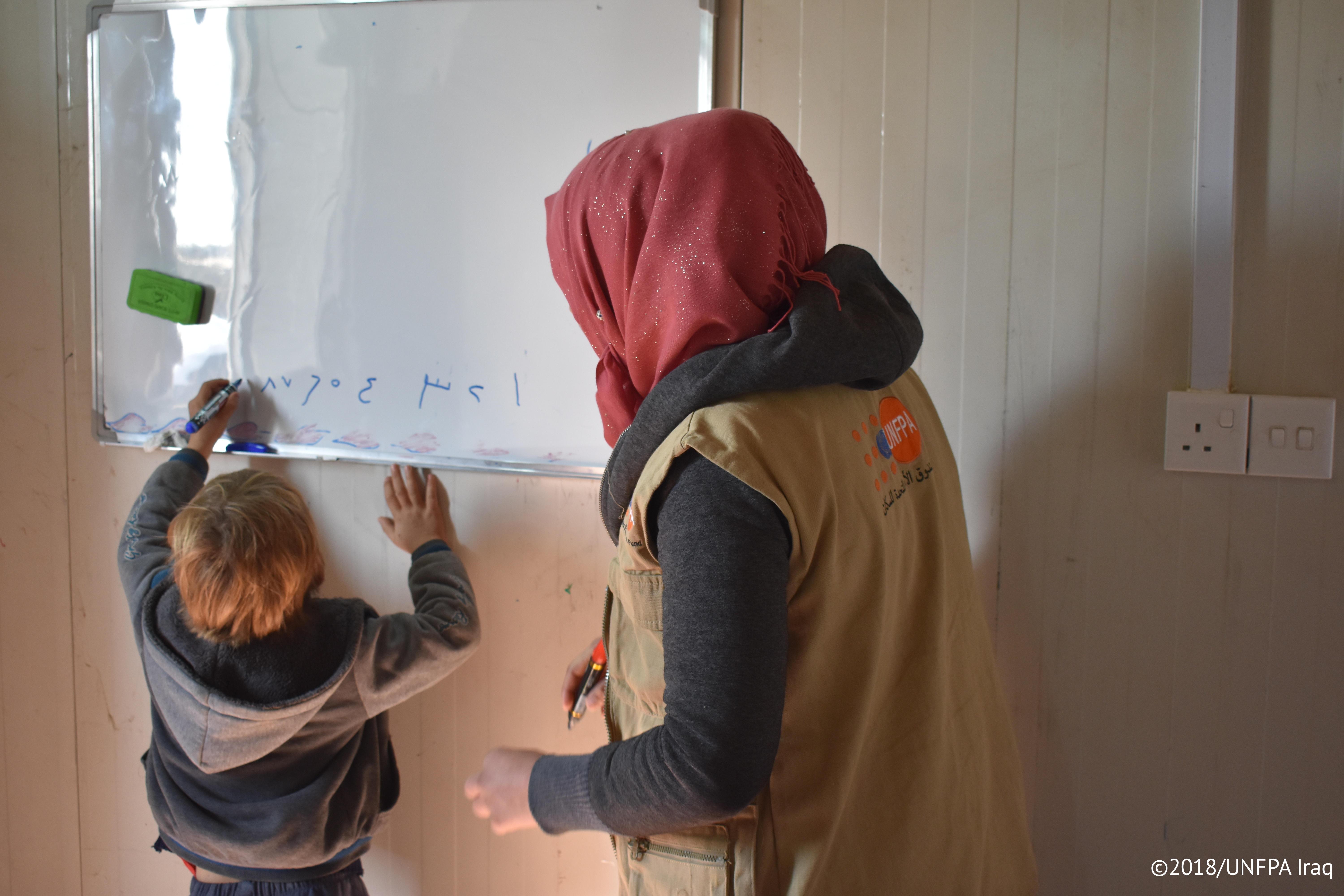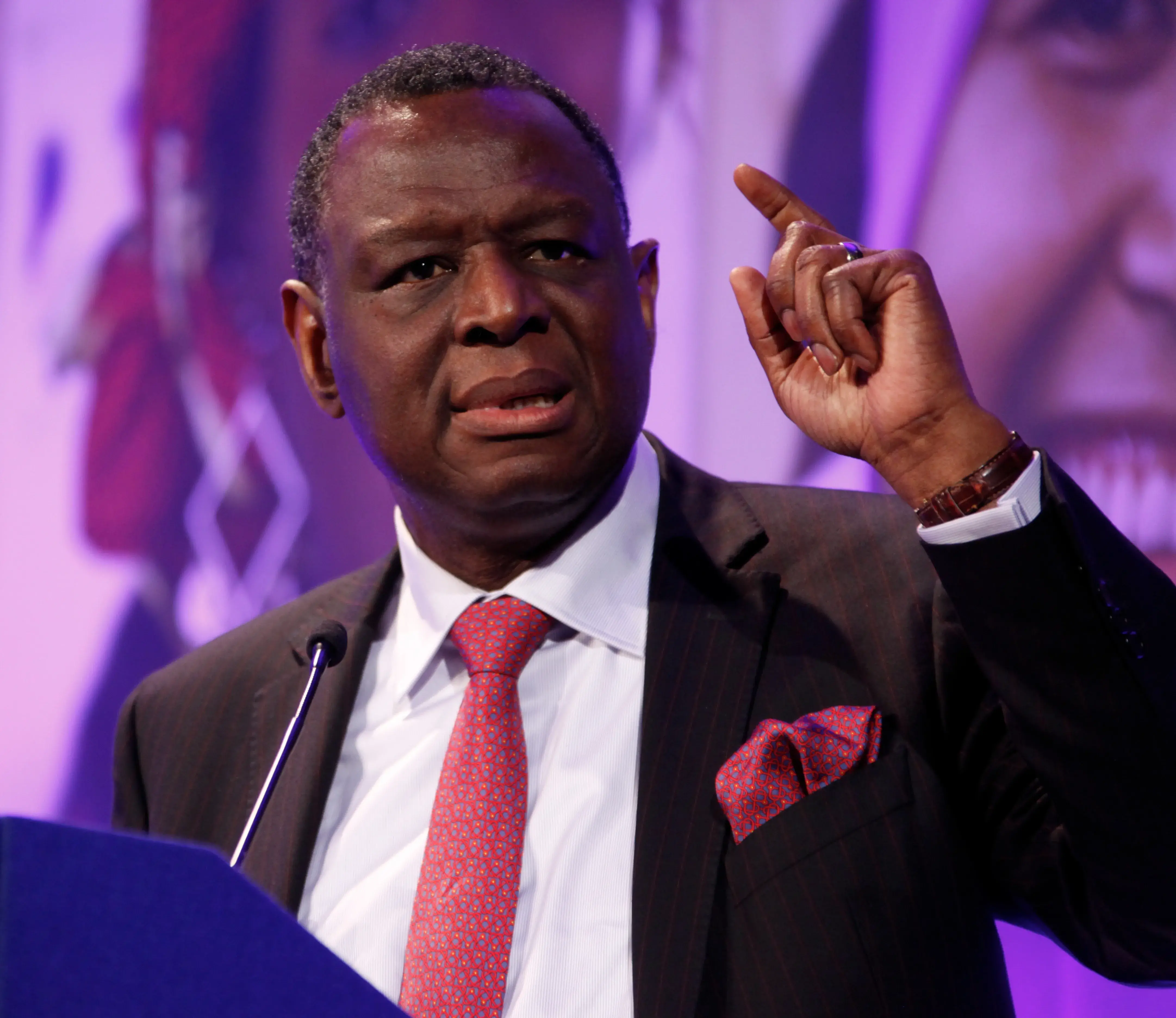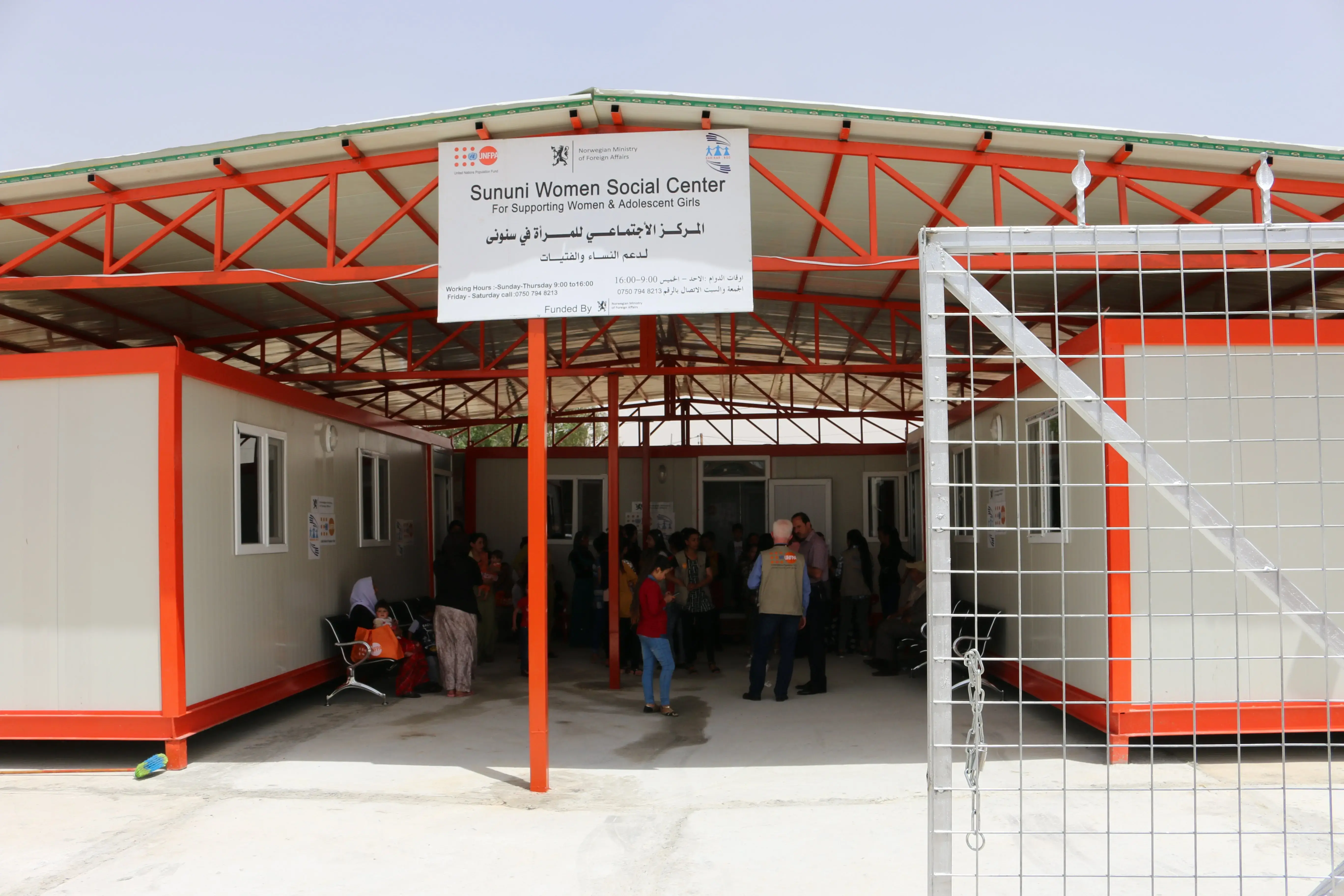Many women grow up dreaming about the day when they find their significant other, get married, have children, and create a haven they can call home. However, not all women are able to complete their dreams of bringing life to the world.
“Infertility can rock your very foundation: your sense of control over your future, your faith in your body, and your feelings about yourself as a woman,” said Rawa, a 43-year-old Syrian refugee from Damascus.
At the age of 30, kindergarten teacher Rawa met a man and fell in love. “It was perfect back then. We fell in love, decided to get married and start a family. It was all I was looking forward to; after all, I love children, and that’s why I worked at a kindergarten,” she added.
Things did not go as planned for her and her husband: a year into their marriage and after a series of doctors’ visits and tests, the once-happy family discovered that Rawa was unable to conceive. “When people find out about my infertility, their facial expressions change; the smile on their face is immediately replaced by an awkward silence that screams: “Something is wrong with you,” she explains.
Years passed and the situation kept worsening for the family-of-two. Rawa eventually discovered that her husband had begun having an affair, and his attitude toward her had shifted considerably. He had taken to calling her “less of a woman,” relegating her to the role of a housekeeper and preventing her from leaving the house. Her sadness and despair were immeasurable to the extent that the idea of committing suicide haunted her day and night.
“I eventually summoned the strength to ask for a divorce, but he refused, again and again,” explains Rawa. “I resigned myself to suffer in silence and to hope that one day I will manage to break free.”
I have learned to live with the idea that I am unable to have children, so now I fill my time with arts and crafts instead of feeling sorry for my situation
In 2011, eight years into the marriage, the war broke out in Syria and the family was forced to leave Damascus. In 2013, they sought refuge in the Kurdistan Regional of Iraq, more specifically in the Gawelan camp, home to more than 8,300 Syrian refugees.
The burden of displacement took its toll on Rawa as it exacerbated her sense of loneliness and rejection and led her into a complete state of depression. One day, she saw a leaflet in front of her tent about the UNFPA-supported Women’s Social Centre at the camp. The leaflet presented the services offered to women, especially those in need of psychosocial support. Despite her lack of hope, she decided to take a chance.
“At the centre, the social workers told me that I am not alone – that I may suffer in silence, but I am far from alone. They restored some of the faith I had lost in myself and made me feel that I should not be judged by my ability to procreate,” recalls Rawa of her first visit to the centre. “They made me feel as if I had a place in the world.”
The social workers sheltered her and provided her with advice and knowledge on infertility. They also encouraged her to attend the recreational activities and life-skills sessions offered, which she happily took in the hope of ending her isolation.
“The centre and social workers not only held my hand when I needed it, but they also reached out to my husband and convinced him to attend the focus group discussions for men and young boys on gender-based violence and women’s rights,” explains Rawa.
“I have learned to live with the idea that I am unable to have children, so now I fill my time with arts and crafts instead of feeling sorry for my situation. My husband has also improved considerably. His disrespectful statements have stopped and he is slowly embracing the situation with a more compassionate and understanding attitude,” added Rawa, smiling.
*name changed for privacy and protection
********
UNFPA, the United Nations Population Fund, delivers a world where every pregnancy is wanted, every childbirth is safe and every young person’s potential is fulfilled.
For more information or media inquiries please contact: Salwa Moussa, Communications Analyst, smoussa@unfpa.org





